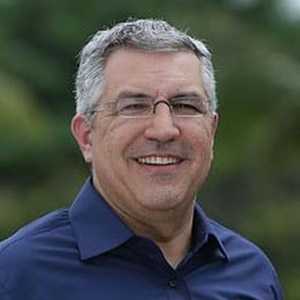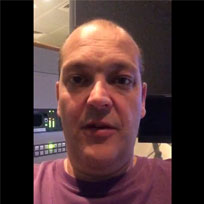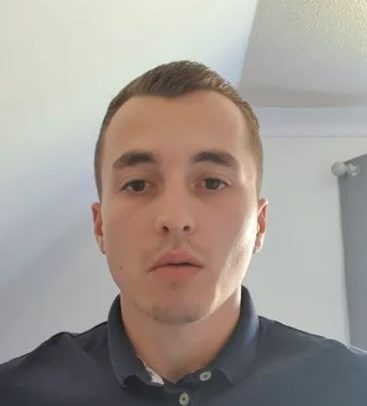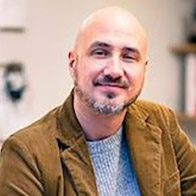The UK’s leading forex training course
Are you looking for a forex training course? Or are you simply curious about what it means to learn forex trading? Either way, the Trade and Train team is here today to walk you through the basics of forex trading, and everything you need to know to see if you’re a match for this fun way to succeed in the financial arena.
What is Forex trading?
Forex itself is a contraction of the term ‘foreign exchange’. In other words, exchanging currencies for each other, including those from countries other than your own. While it also has an obvious role in tourism, forex trading usually refers to making these trades for commercial trading purposes. It’s a global industry with a daily trading volume of $6.6 trillion in April 2019 alone, so if you’re not familiar with it, it’s time to learn the basics!
People trade forex for a variety of reasons, but they all share an underlying dream- to help you achieve financial freedom.
What is the Forex Market?
Currencies are traded on the Forex Market. This currency exchange is a critical part of the global economy, facilitating foreign trade and business. There’s no central marketplace for Forex trading. Currency trading is done electronically in a process known as OTC, or over-the-counter. This means it’s purely via PC networks between global traders, not on a centralized exchange like some stocks. The market is open 24 hours a day for five and a half days a week. The trade hubs are Zurich, Frankfurt, Hong Kong, Singapore, New York, Paris, Sydney and, of course, London. Due to this wide geographical range, when one hub closes for the day, another will still be open for business. This makes for a great deal of activity daily, and quotes can shift fast. If you’re familiar with the stock market already, think of currency as an asset of its own, traded on its own market.
What happens when you trade forex?
So, before you head out to find a forex trading course, let’s look at the basics. The core idea of swapping currencies to facilitate trade is millennia old at this point, but the Forex market itself is relatively recent. After some global changes to currency control in 1971, more currencies were open to ‘float’- allowing availability and demand to determine trade prices.
A huge volume of the daily global forex trading activity is done by Investment banks and commercial entities. There is room for individual investors to get a slice of the pie, however.
How is money made from the transaction? Firstly, you earn the interest rate differential between the two currencies, leveraging something known as a carry trade (more on that in a later blog). Secondly, and perhaps most importantly, you can profit from fluctuations in the exchange rate, buying low and selling high. This can be simple- buying dollars for pounds at a time when their rate is less favourable, and selling them when the exchange rate moves in their favour. Or it can be made very complex (but potentially lucrative) by making trades across many different currencies. This is where a forex trading course is useful, to empower you to make smart moves.
The internet made it possible for individuals to learn Forex trading
Before widespread internet access, forex trading was the darling of big corporations and hedge funds. Tons of capital was needed, so only the highest-worth individuals could dabble in the pool. Once the internet thrived, however, a retail market aimed for ‘normal’ people emerged, allowing you to work through banks or brokers and ‘pool’ your leverage, allowing you to use a small share to control a big slice of the pie and grow your wealth.
Today there are three forex markets:
- Spot forex market: You exchange a currency ‘pair’ and the trade takes place immediately
- Forward forex market: You enter a ‘gentleman’s contract’ to buy/sell a set amount of a set currency at a set price, to be settled within a date range
- Future forex market: A legally enforceable contract to buy/sell a set amount of a specific currency at a certain price and date in the future.
It’s rare indeed for the investor to actually expect to hold the currency physically themselves. Instead, they are making predictions on the exchange rate to take advantage of price movements and make cash off the deal.
What affects currency pricing?
Since this movement in currency value is where the money is made, what drives it? Banks have a lot of power over currency value, as does the upgrade and downgrade of investor sentiment in a currency or country. This means news stories can affect pricing too- the outbreak of disease, say, or unrest in a country, could reduce the currency’s worth, while things like new investor opportunities or infrastructure can drive it higher. This widens into general market sentiment too.
How do I trade forex?
Trading can get quite complex, and we’ll look at it in greater detail in other blogs as well as our super-beginner friendly forex trading course. However, the basics are:
- You trade currencies in pairs, buying one (base) while selling another (quote). These are written in set pairs. For example, GBP/USD means buying pounds and selling dollars.
- You used to need a broker to handle the trade, but today it can be done through derivatives like CFD trading
- This is a ‘leveraged’ product, allowing you to trade with just a fraction of the full trade available to you. This has risk- it can boost profits, but also increase loss if you are wrong.
While it may seem difficult to learn forex trading, don’t let the terminology intimidate you! Anyone can learn to trade successfully. If you find the world of Forex Trading intriguing, why not contact us today about our forex training course ‘Essential Trader program’? This easy-to-grasp forex training course will break down the basics and help you cultivate the confidence you need to trade successfully.





